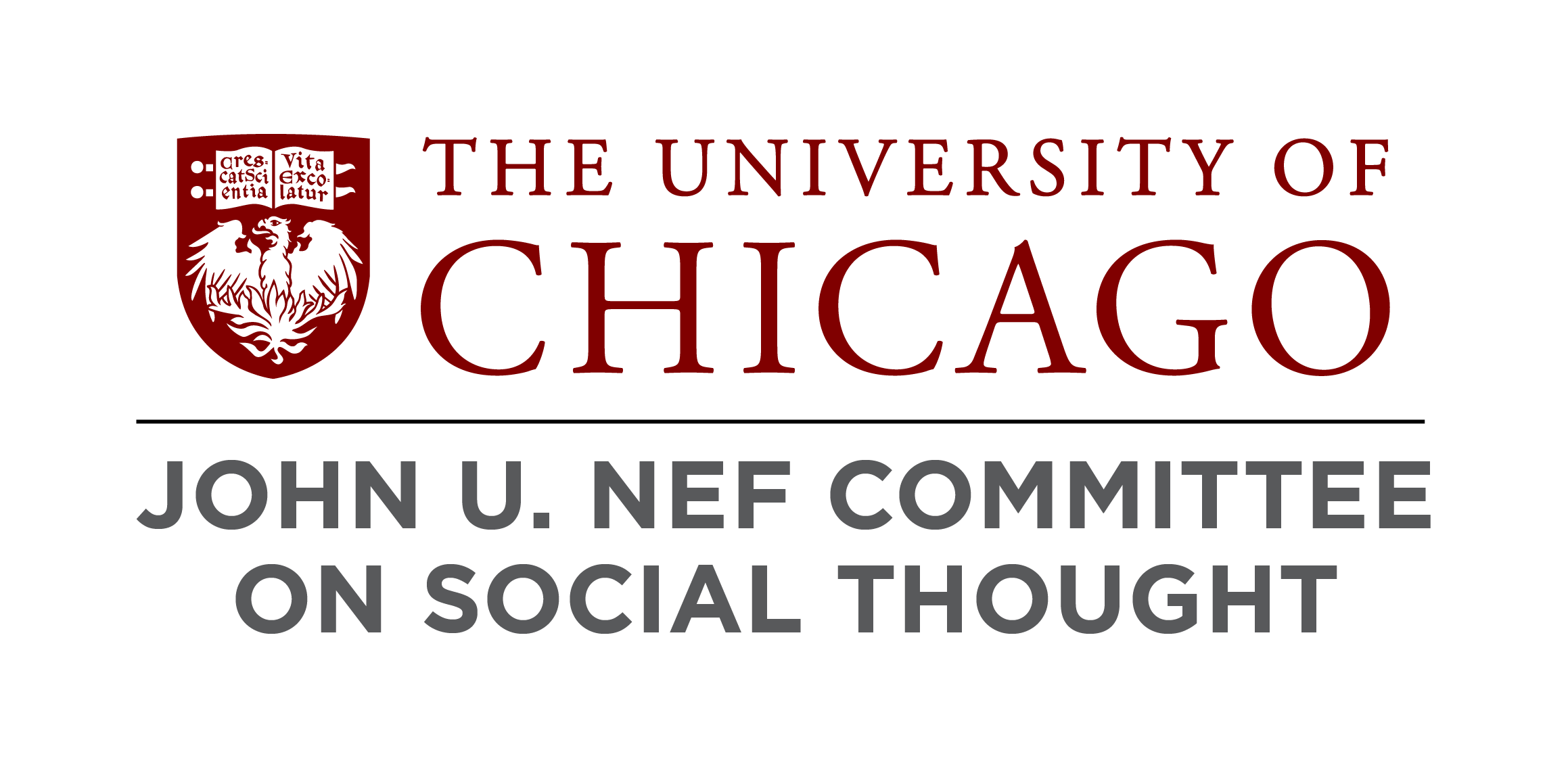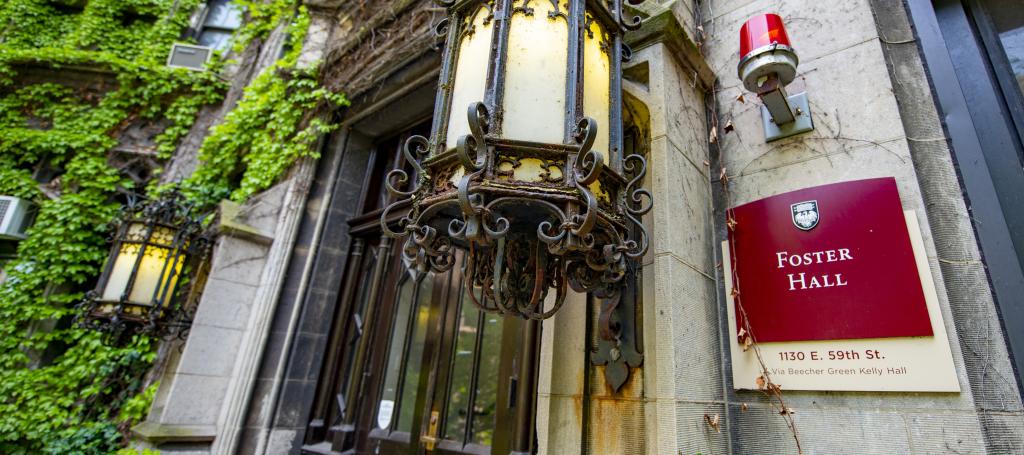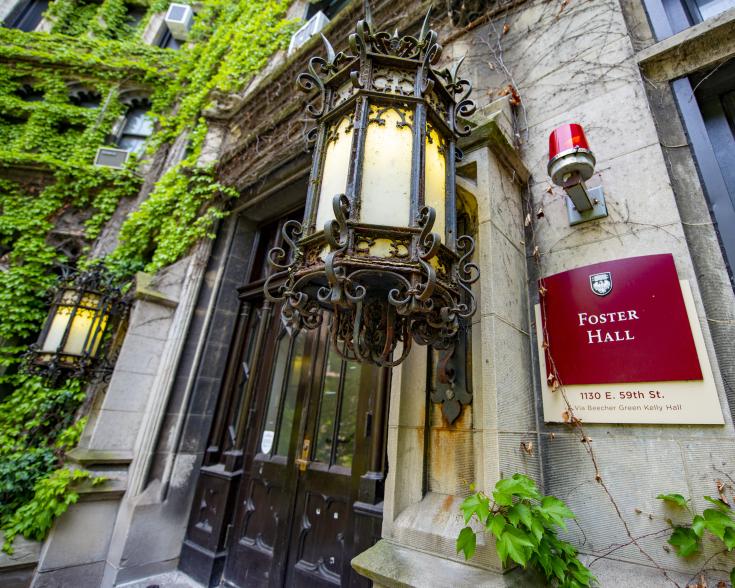History & Founding
The Committee on Social Thought was founded in 1941 by the historian John Ulric Nef, the economist Frank Knight, the anthropologist Robert Redfield, and Robert M. Hutchins, then President of the University of Chicago. Their premises were that the serious study of any academic topic, or of any philosophical or literary work, is best prepared for by a wide and deep acquaintance with the fundamental issues presupposed in all such studies, that students should learn about these issues by acquainting themselves with a select number of classic ancient and modern texts in an inter-disciplinary atmosphere, and should only then concentrate on a specific dissertation topic.
Over the years, temporary and permanent members of the Committee have included Hannah Arendt, Saul Bellow, Allan Bloom, John Coetzee, Mircea Eliade, T.S. Eliot, François Furet, David Grene, Friedrich Hayek, Leszek Kolakowski, Edward Levi, Paul Ricoeur, Charles Rosen, Harold Rosenberg, Edward Shils, Mark Strand, Karl J. Weintraub, and many others. To learn more about Committee faculty past and present click here.
Today
The Committee differs from the standard department in that it has no specific subject matter and is organized neither in terms of a single intellectual discipline nor around any specific interdisciplinary focus. It exists to bring together scholars in a variety of fields sharing a concern with basic and trans-disciplinary issues, and to enable them to work in close intellectual association with other like-minded graduate students seeking to pursue their particular studies in this broader context. The Committee aims both to teach precision of scholarship and to foster awareness of the permanent questions at the origin of all learned inquiry.
The primary themes of the Committee's intellectual life have continued to be literature, philosophy, history, religion, art, politics, and society. Inevitably, the faculty of the Committee does not encompass within itself the full range of intellectual disciplines necessary for these studies, and the fields represented by the faculty have changed substantially during the Committee's history. Students apply to work with the faculty who are here at any particular time and, where appropriate, with other faculty at the University of Chicago. In their first few years of study, students select twelve to fifteen fundamental books that best inform the context and background of the issues they want to write about, read and study these books in discussion groups, tutorials, seminars, and independently, and take the week-long Fundamental Examination on their books before proceeding to write the dissertation. Upon completion of the dissertation, a student presents a public lecture on an aspect of their research of general interest to the scholarly community.
 THE UNIVERSITY OF CHICAGO
THE UNIVERSITY OF CHICAGO




